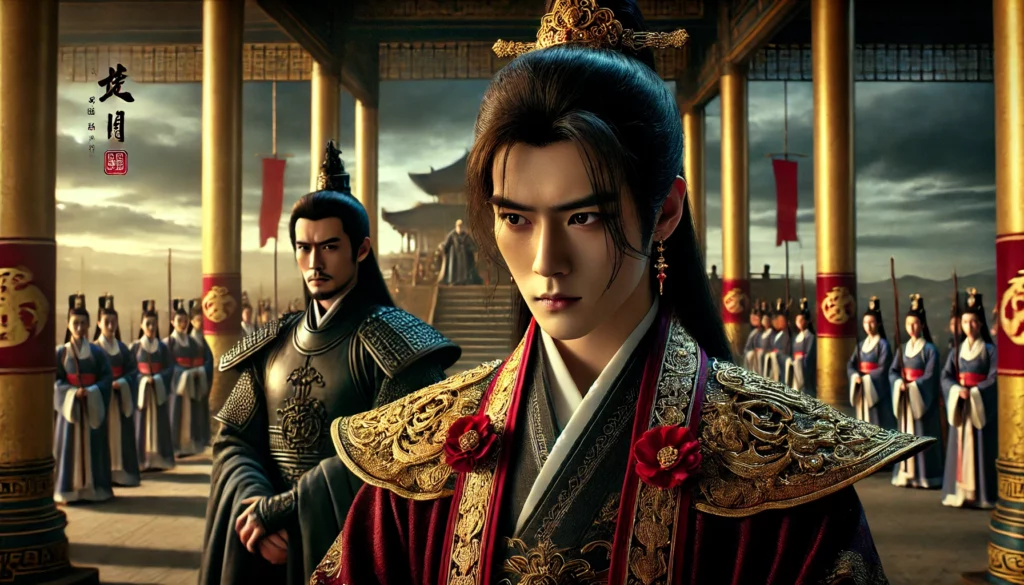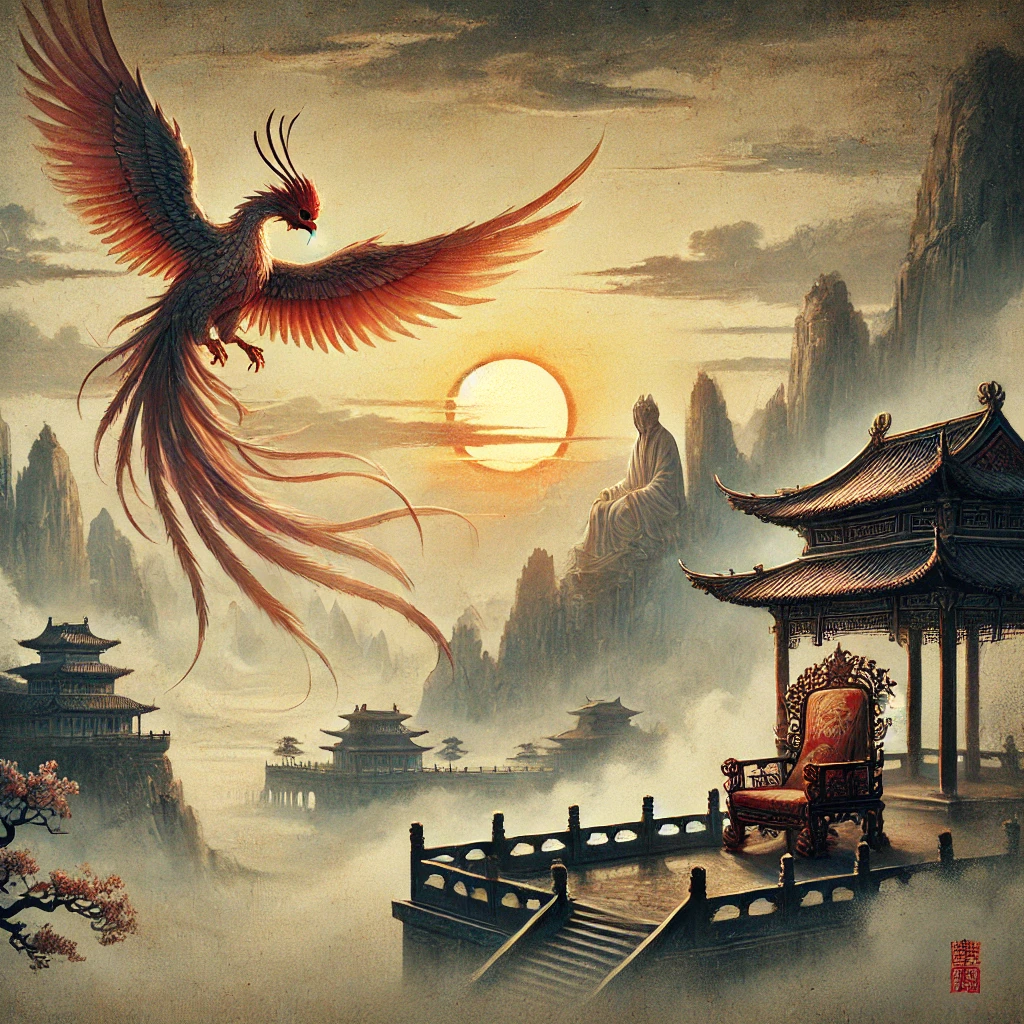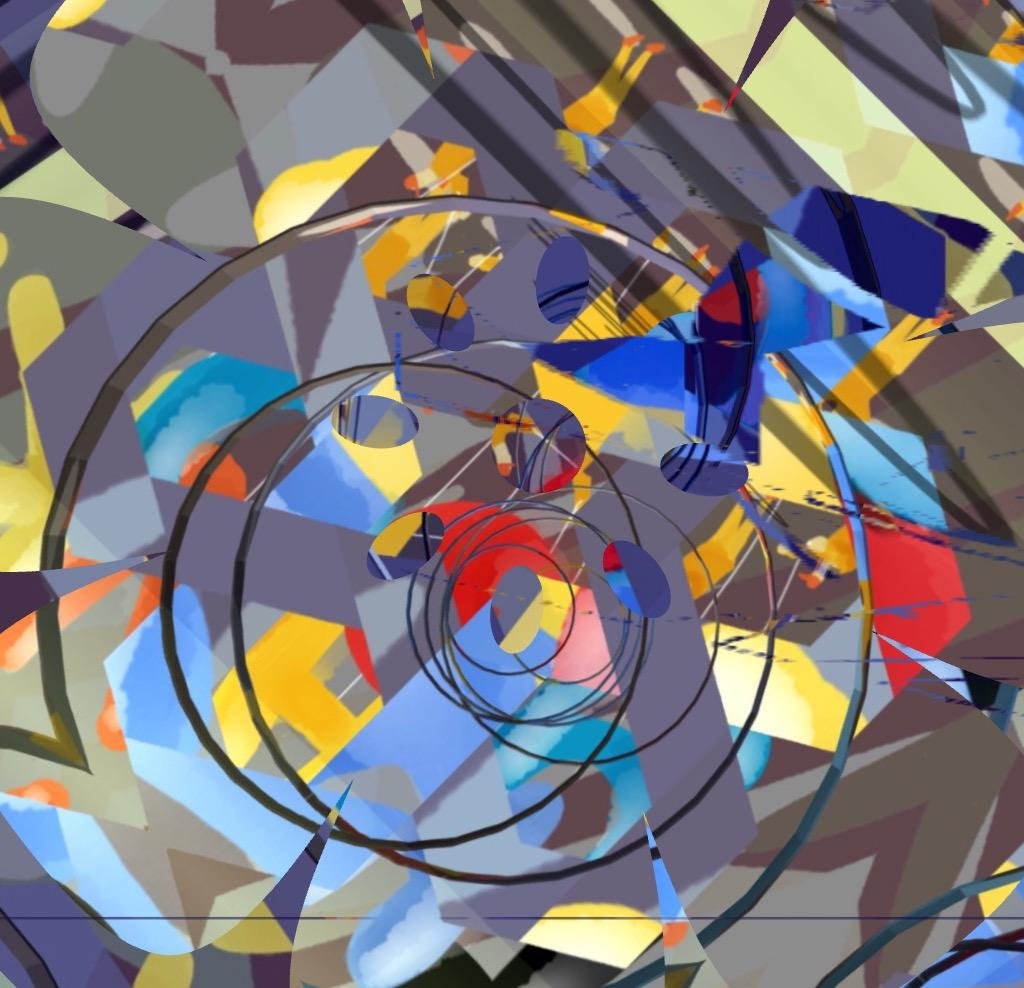
Table of Contents
The Huang Quan novel
The Huang Quan novel, its writer, actors, plot and message
“Huang Quan” (The Rise of Phoenixes) is a Chinese historical novel by Tianxia Guiyuan, which has garnered attention for its complex narrative of political intrigue, power struggles, and romance. The novel’s fame has spread internationally, in part due to its 2018 television adaptation, The Rise of Phoenixes, which aired on platforms like Netflix.
The Writer
Tianxia Guiyuan is a Chinese author known for crafting elaborate historical epics, and “Huang Quan” is one of her most renowned works. The novel combines the intricacies of palace politics with themes of love, betrayal, and ambition. “Huang Quan” (roughly translating to “Power of the Phoenix“) explores the merciless dynamics within imperial courts, highlighting the ruthlessness of hierarchical systems and the sacrifices individuals make in their quest for power.
Plot Overview
The novel revolves around two central characters: Feng Zhiwei, a woman who disguises herself as a man to rise through the political ranks, and Ning Yi, the calculating sixth prince of the kingdom. Zhiwei’s sharp mind and ability to navigate the treacherous world of court intrigue eventually see her become a high-ranking official and later, Empress. However, her journey is complicated by a complex and intense relationship with Ning Yi, a man similarly entangled in the brutal competition for the throne.
The novel touches on many dramatic elements—Zhiwei’s disguised identity, the manipulation of court alliances, and a relentless quest for revenge that ultimately questions whether justice and power are compatible in a corrupt world (Wikipedia) (NovelUpdates).
Themes and Message
At its core, “Huang Quan” presents a critique of the cost of power. The novel explores how ambition can consume people, leading to devastating personal sacrifices. Both Zhiwei and Ning Yi are trapped by their positions, unable to fully embrace their love for each other because of the obligations to family, country, and revenge. The story reflects the destructive cycle of power in imperial courts, where trust is scarce, and betrayal is commonplace.
The novel also critiques gender dynamics and societal roles. Feng Zhiwei, although a strong and capable leader, is often undermined by the male-dominated structures around her. Her struggle for recognition in a patriarchal society serves as a subtle commentary on gender inequality (NovelUpdates) (Ninja Reflection).
The Television Adaptation
The novel was adapted into a 70-episode Chinese drama series, The Rise of Phoenixes, starring Chen Kun as Ning Yi and Ni Ni as Feng Zhiwei. While the show generally follows the novel’s plot, it introduces several significant changes, particularly in its ending. The series, aimed at a broader audience, modifies the darker aspects of the novel and portrays a more tragic conclusion, deviating from the somewhat hopeful resolution in the original book (Wikipedia) (Meaww).
“Huang Quan” is a story of intense political maneuvering and tragic love, where the quest for power often leads to ruin. The novel’s rich narrative, coupled with its complex characters, makes it a compelling exploration of historical power dynamics and personal sacrifice. Through Zhiwei and Ning Yi, the novel illustrates that the pursuit of revenge and power can strip away humanity, leaving its players isolated and broken.l
Resumed in a Chinese Quatrain
A typical Chinese poetry style that could effectively summarize the plot of Huang Quan (The Rise of Phoenixes) is the Classical Chinese quatrain, often structured as a Jueju poem. These poems are short, containing four lines with five or seven characters per line, often using symbolic imagery and metaphors to convey deeper meanings, a perfect fit for encapsulating the essence of the novel.
Here’s an example of how such a poem might summarize the novel:
Phoenixes rise, yet wings are clipped,
Imperial flames in shadows burned.
Love and power, bitterly entwined,
A kingdom falls as hearts are turned.
This style uses metaphorical language (the phoenix for Zhiwei, imperial flames for the throne) and captures the central conflict between love and the thirst for power. It reflects the cyclical, destructive nature of revenge and ambition, which are key themes in Huang Quan.

Thank you for reading, shares and comments!
✨ Comment Policy ✨
We welcome thoughtful, kind, and constructive comments that contribute to meaningful conversations.
Please note:
- Promotional links and unsolicited offers will be removed.
- Spam, irrelevant content, or self-promotion without prior permission will not be published.
- We value quality engagement over quantity — thank you for helping us keep this a respectful and inspiring space!
Take time to learn
Invest in your future
Embark on a journey into the realm of affiliate marketing and craft your own website within a vibrant, supportive community. Join me in this adventure, where you can begin as a free starter and stay as long as you desire. Enjoy complimentary hosting and foundational teachings to set you on your path. For those with advanced skills, opportunities to elevate your expertise await. Take a moment to explore and witness the magic for yourself!





Bonjour,
J’ai vu trois fois l’adaptation télévisée que j’ai adorée.
Mais la fin tragique est différente du roman, paraît-il.
Où pourrai-je, s’il vous plaît, trouver le roman pour connaître la fin que lui avait donnée l’écrivaine Tianxia Guiyuan ?
Bonjour 🌸
Je comprends votre curiosité — lorsqu’une adaptation change la fin d’une œuvre, c’est souvent frustrant pour les lecteurs qui veulent connaître l’intention originale de l’auteur·rice.
Vous parlez sans doute du roman 《后宫·甄嬛传》 (Hòugōng · Zhēn Huán Zhuàn), écrit par Tianxia Guiyuan (天下归元), qui a été adapté en un drama très populaire : “Empresses in the Palace” (ou Legend of Zhen Huan). La fin de la série est en effet plus “romancée” et moins cruelle que dans le roman original, où les choix de Zhen Huan sont plus sombres et ambigus.
📚 Où trouver le roman original ?
Le roman n’a pas encore été officiellement traduit en français, mais voici plusieurs options :
1. En chinois (version originale)
* Vous pouvez acheter le roman en ligne sur des plateformes comme :
* Dangdang (équivalent chinois d’Amazon)
* JD.com (京东)
* Taobao (淘宝) – mais attention, cela nécessite un intermédiaire pour l’achat à l’étranger.
* Le titre original est :
* 后宫·甄嬛传 (par 天下归元)
2. En anglais (fan-traductions ou éditions non officielles)
* Des fans ont traduit des chapitres en anglais sur des forums comme NovelUpdates, Wattpad, ou des blogs de fans. Ces traductions sont parfois incomplètes ou interrompues.
* Exemples à rechercher :
* “The Legend of Zhen Huan” + “English translation” (sur Google)
* NovelUpdates : https://www.novelupdates.com/
3. En format e-book
* Certaines versions numériques circulent au format EPUB ou PDF, souvent piratées, donc à manipuler avec prudence.
* Vous pouvez aussi chercher sur des plateformes d’e-books en chinois comme WeRead (微信读书) ou iReader (掌阅).
Résumé de la vraie fin du roman (⚠️ spoilers importants)
🧬 Contexte :
Zhen Huan, entrée au palais impérial très jeune, a traversé de nombreuses épreuves : trahisons, deuils, luttes de pouvoir… Après la mort tragique de son grand amour le prince Guo (果郡王), elle devient froide et déterminée. Elle revient au palais, non plus comme une femme amoureuse, mais comme une femme de pouvoir.
⚔️ Fin du roman :
🪓 1. Zhen Huan provoque la mort de l’empereur Yongzheng
* L’empereur, affaibli, tombe malade.
* Zhen Huan manipule les événements pour hâter sa fin.
* Elle lui donne une potion (ou encourage un traitement médical inapproprié), ce qui accélère sa mort. Cela reste ambigu : un mélange de vengeance personnelle et de stratégie politique.
* Avant de mourir, Yongzheng devine ce qu’elle a fait, mais ne peut plus rien faire. Une mort lente, amère et solitaire.
👑 2. Zhen Huan devient Impératrice Douairière
* Le fils qu’elle a eu avec le prince Guo, le prince Hongli, monte sur le trône sous le nom Qianlong.
* Elle devient l’Impératrice douairière, la femme la plus puissante du royaume.
* Elle a atteint le sommet, mais au prix de son humanité.
🥀 3. Solitude et regrets
* Zhen Huan a tout perdu : l’amour, la jeunesse, la paix intérieure.
* Elle vit dans une immense solitude. Sa relation avec son fils est distante, teintée de respect, mais sans affection réelle.
* Elle pense souvent à Guo Junwang, l’homme qu’elle aimait vraiment.
* Elle se souvient, mais ne pleure plus. Elle est devenue une figure de pierre.
🧠 Interprétation littéraire :
* Thèmes principaux : pouvoir, corruption morale, vengeance, solitude féminine, maternité politique vs émotionnelle.
* Zhen Huan incarne la tragédie d’une femme brillante, broyée par le système impérial, qui devient elle-même une incarnation de ce système.
* Elle ne meurt pas à la fin, mais son cœur, si.
Merci pour votre curiositê